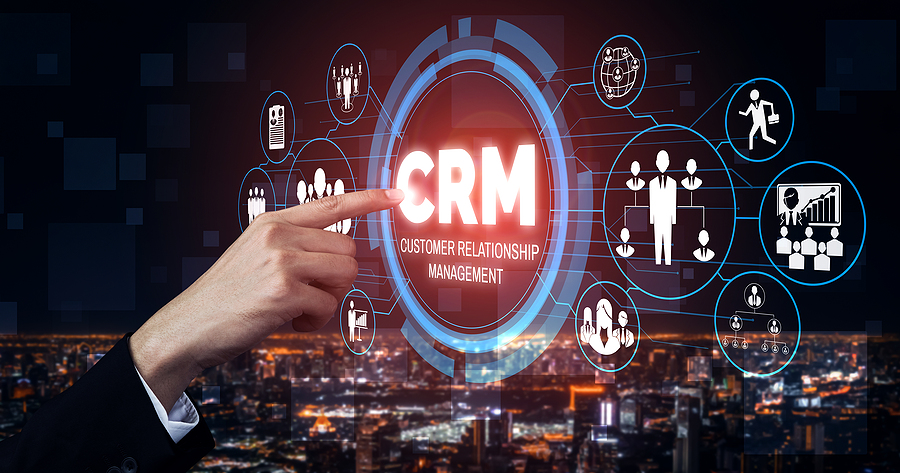Customers are the lifeblood of a business, and CRM software is necessary to manage those customers. It doesn’t matter how great your service or product is if you don’t have customers. So, no matter what business you’re in, attracting and keeping customers is essential. Customer relationship management software, or CRM, is specifically designed for that very reason.
In a recent report published by Grand View Research, the market size for CRM was estimated to be USD 43.7 billion in 2020, with a compound annual growth rate (CAGR) of 10.6% between 2021 and 2028.
With a growing trend for Software as a Service (SAAS), companies that still rely on legacy solutions will find it more and more challenging to compete. Now is the time for CRM software.
But what is CRM software, and how do you choose the right one? We’ll break it down for you right here.
What Is CRM Software
To put it simply, Customer Relationship Management software, or CRM software, manages leads, contacts, opportunities, customer accounts, and customer cases. Any organization can use it as a powerful tool to improve its customer service. You benefit because better customer service means happy customers. Happy customers are loyal customers, which improves your overall bottom line.
The right CRM software will take you through the entire customer lifecycle, from collecting leads and qualifying them, to converting them to actual customers. All customer data is stored there to provide customer support through their entire relationship with your organization. You can access valuable data, including contact information, lead information, quotes, requests, emails, and more.
4 Must-Haves of the Right CRM
For your CRM to be the most effective for your company, it must have the following four features.
- It must be integrated into a cloud-based ERP system:
A CRM that is integrated into a cloud-based ERP system is not only easier to manage, but it’s also more cost-effective than costly on-premises standalone CRM and ERP solutions.
Instead of the hassles of syncing data and other complex integrations, an integrated CRM/ERP solution’s accounting, sales, manufacturing, distribution, field service, construction (and more) data can be managed, synchronized, analyzed, and distributed in real-time from a single source.
- It must offer a complete customer picture:
With a single, integrated database, employees across the organization have a consolidated view of all customer records and activities, including such vital information as:
- Written quotes
- Invoices
- Support cases
But that’s not all! You can also track campaign expenses and revenue, display lead analysis, and lead response time metrics. Marketing email statistics such as click-throughs, opens, and unsubscribes can also be tracked.
Your CRM should provide you with the ability to respond quickly to customer requests (including forecasting and demand planning). It will also allow you to share information with every member of your team.
- It must provide integrated sales quotes:
CRM/ERP integration allows users to create multiple quotes for a single opportunity. When an offer is accepted, you can create a sales order and invoice based on the quote. This is simple when inventory, costs, and prices are based on ERP data. Contact addresses easily move between the business account and contact forms.
- It must include a customer support portal:
These days, people purchase much of their goods and services online, so a superior customer support portal is essential to good customer service. A good portal should include account management, shipment tracking, support, ordering, and more to meet your customers’ needs.
ASI Has Your Must-Have CRM
The right CRM can transform your business. ASI will tailor it to your needs so it’s ready to grow as your company grows. No matter how far spread your team is, they can all connect and work more efficiently using ASI’s CRM solution from Acumatica.
Because it checks all the boxes, Acumatica from ASI is the CRM your company must have. To learn more, contact us for your free consultation.

